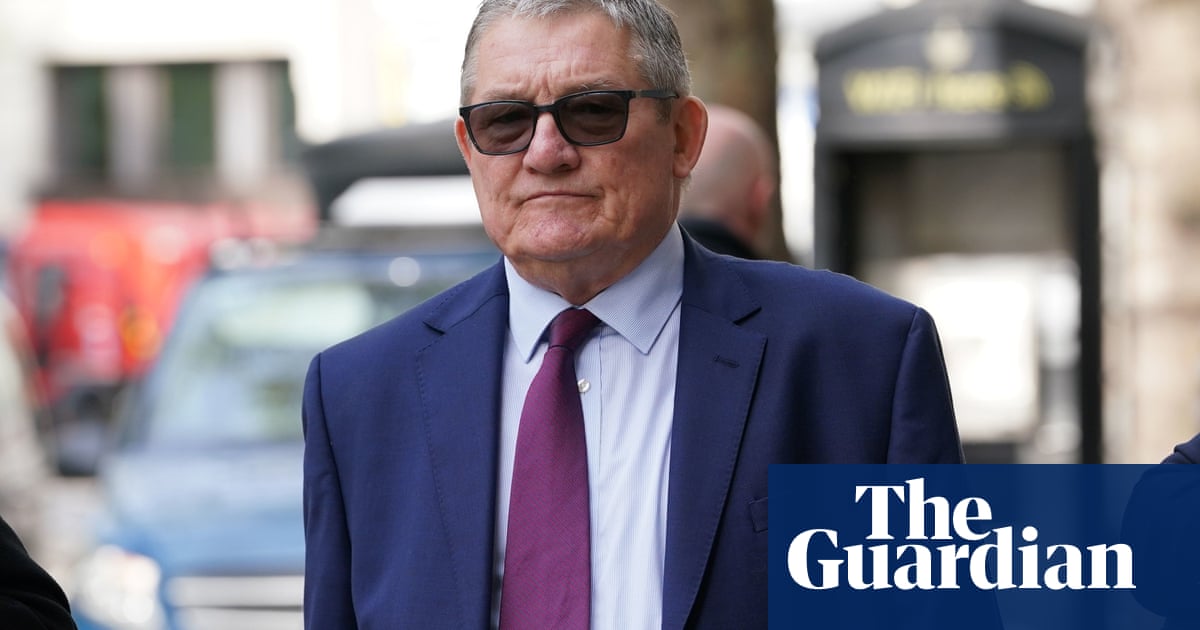
The builders who erected the Grenfell Tower facade that burst into flames killing 72 people should have known the materials they used were combustible, according to an independent expert witness to the public inquiry into the disaster.
Jonathan Sakula, a highly experienced facade engineer who has worked on 122 projects internationally, listed 20 serious cladding fires around the world in the years preceding the June 2017 disaster that people in the industry knew about.
They included seven fires in towers in the United Arab Emirates that were particularly prominent in the press, including a blaze at the 63-storey Address hotel in Dubai where similar plastic-filled aluminium panels to those used on Grenfell fuelled a huge blaze.
Sakula said the construction industry had displayed a “head in the sand view” and “a failure of imagination” because the fires had not led to “great loss of life”.
He told the inquiry: “The combustibility of these panels was, in my opinion, well known in the industry, particularly since the UAE fires in 2012 to 2016.”
Regarding the plastic foam insulation used behind the panels on Grenfell, he added: “In my experience, the reasonably competent cladding contractor would have known that they were combustible.”
The inquiry, which enters its fourth year this month, has heard that builders and designers relied on certificates about the performance of the plastic materials, which in some cases were obtained through manipulation of test systems, and that they believed their use complied with building regulations.
Sakula said the main reason for using the combustible plastic-core cladding panels used on Grenfell was their cheapness compared with fire-retardant alternatives, and because they were lighter, which made them easier to install.
The inquiry has previously heard that the saving from switching to the cheaper combustible panels was just under £300,000 on the £10m refurbishment.
The public inquiry examining the causes of the disaster has already run up £117m in publicly funded costs, including £50m on lawyers, according to an annual report published last week.
“The UAE fires were reported at the time as being specifically exacerbated by the ACM [aluminium composite material] cladding,” Sakula said. “Those involved in the cladding industry would, or at least should, have been aware of the dangers inherent in using this type of cladding on tall buildings.
“As a general observation, I would expect the manufacturers of relevant materials (cladding and insulation) to have been aware of these fires, and their implications, to a greater degree than cladding contractors. I would expect such manufacturers to draw to the attention of their customers the relevant risks.”
The inquiry has previously heard that Arconic, which made the cladding panels, knew in 2015 that the panels it sold for use on Grenfell were “dangerous on facades and everything should be transferred to (FR) fire-resistant as a matter of urgency”. However, it did not withdraw them from sale in the UK.
Harley Facades, the cladding contractor on Grenfell, has told the inquiry it was not aware of the cladding fires abroad and was shocked that Arconic had not told it about the risks. Its managing director, Ray Bailey, has said “price and aesthetics” were key factors in choosing the Arconic panels. The inquiry continues.












